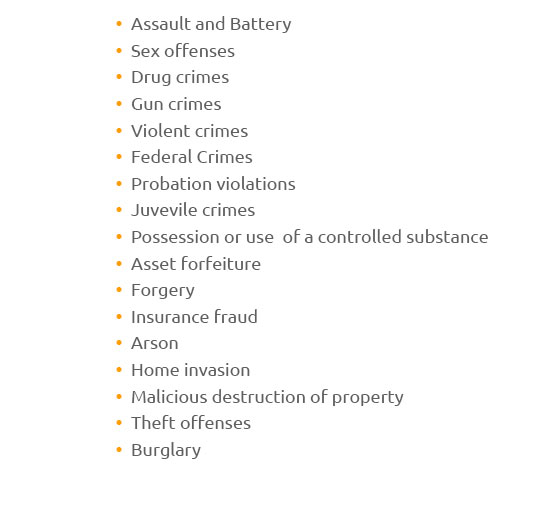 |
|
||||
 |
 |
 |
 |
 |
 |
 |
 |
 |
 |
 |
 |
|
 |
 |
 |
|
||||
The Role of Criminal Justice Attorneys: Navigating a Complex LandscapeIn the intricate world of law, where every decision can significantly alter the course of someone's life, criminal justice attorneys stand as both advocates and defenders, ensuring that justice is not merely a concept but a reality. These legal professionals are tasked with the critical responsibility of representing individuals accused of crimes, a role that demands not only a profound understanding of the law but also a deep sense of empathy and dedication. However, the journey to becoming an effective criminal justice attorney is fraught with challenges and potential pitfalls that even the most seasoned lawyers must navigate carefully. One of the most common mistakes aspiring criminal justice attorneys make is underestimating the importance of communication skills. While a solid grasp of legal principles is essential, the ability to communicate effectively with clients, judges, and juries cannot be overstated. Attorneys must convey complex legal concepts in a manner that is both accessible and persuasive, a skill that often requires years of practice to hone. Another critical area where attorneys may falter is in the preparation of their cases. Thoroughness is key, and overlooking even the smallest detail can be detrimental to a case's outcome. Effective criminal justice attorneys understand the importance of exhaustive research and meticulous preparation, ensuring that they are ready to counter any argument the opposing counsel might present. This meticulousness extends to understanding the nuances of each case, as every client and situation is unique, demanding a tailored approach rather than a one-size-fits-all strategy. Moreover, in the pursuit of justice, attorneys must be wary of the ethical boundaries that govern their profession. Maintaining integrity is paramount, as the temptation to cut corners can be strong, especially when the stakes are high. Yet, a commitment to ethical practice not only upholds the dignity of the legal profession but also ensures the trust of clients and the respect of peers. While the challenges are numerous, the rewards of a career in criminal justice are equally significant. The satisfaction of ensuring that the innocent are protected and that justice is served is unparalleled. However, for those considering this demanding yet fulfilling career path, it is crucial to be well-informed about the potential pitfalls and to continuously strive for excellence. In conclusion, criminal justice attorneys play a vital role in the legal system, acting as both advocates and protectors. By avoiding common mistakes such as poor communication, inadequate preparation, and ethical lapses, attorneys can navigate the complexities of the legal landscape more effectively. As with any profession, continuous learning and adaptability are essential, ensuring that justice is not just a possibility but a certainty for those they represent. https://www.tarmanlaw.com/proudly-serving/los-angeles/
Our Los Angeles criminal defense lawyers can help you either get your entire case dismissed or your charges significantly reduced through a plea bargain. https://www.justice-firm.com/
Our Los Angeles criminal defense attorneys are highly familiar with the fears and concerns those accused of a crime experience. Our number one priority is to ... https://www.justice-firm.com/practice-areas/criminal-defense/
Free Consultation - Call 866-695-6714 - The Justice Firm aggressively represents the accused against charges in Crime & Criminal cases. Criminal Defense ...
|




